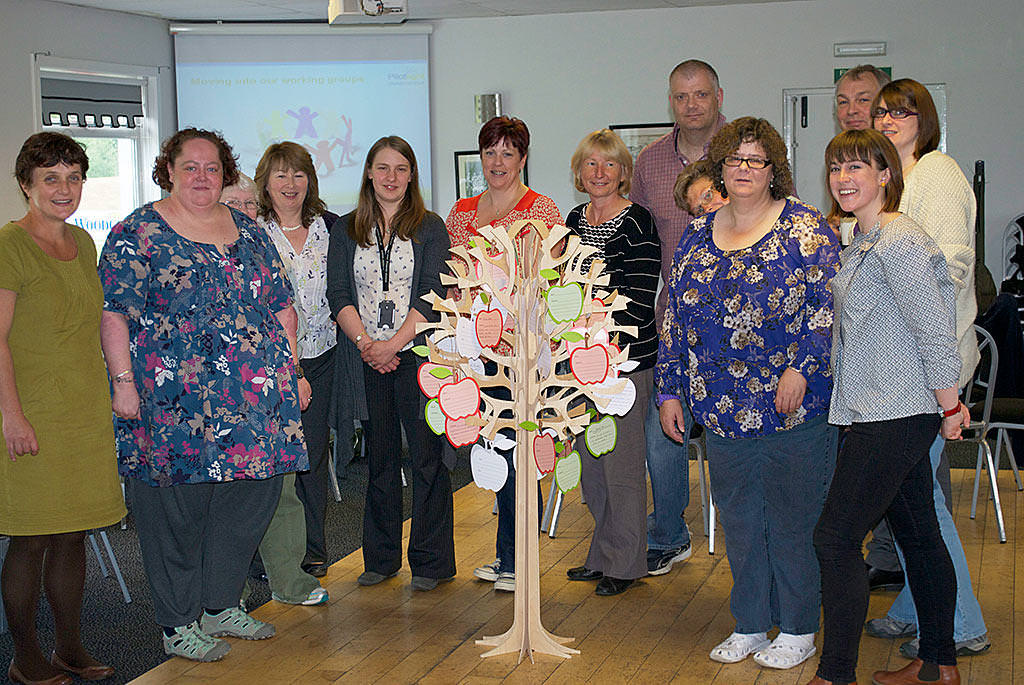
For the last six months I have been attending the Pilotlight workshops in Moray. We have been addressing how best to introduce self-directed support to people with mental health problems.
I am a full time carer for a friend who has both physical and mental health problems. Although I could see how people with physical disabilities could benefit from SDS, for example, personal care at times that suits them, respite care in the form of short breaks or disability aids; I could not at first see how people with mental health problems could benefit. One of the main problems that I could foresee was the inability of some people with mental health problems to take care of their own finances, especially at times when their illness is such that they are unable to make stable decisions for their own personal lives and financial decisions.
As we as a group worked through this problem, I see that the four SDS options could allow people to opt in and out. Also, there is a choice of the mix of the first three options and, most importantly, with option three, people can choose to keep things as they are, with the local authority directing their service.
Another fear was that people would be given a sum of money to use and they would have to do and keep accounts themselves. I feel that when introducing people with mental health problems to SDS, the three main things to get over are:
- It is not compulsory.
- None of the support they have at the moment will be taken from them. Day centres and the support from the mental health team are paramount to the day-to-day wellbeing of the majority of people in need of mental health care. Any threat, whether real or imaginary, to the loss of this support could cause stress and a relapse. This is why it must be stressed that nothing is being taken away from them.
- That SDS has nothing to do with benefits.
At our very first meeting there were people from various mental health and council offices, two Pilotlight facilitators, myself and eight people who use mental health services. Because of the above fears, sadly the day divided into a them and us situation and spoiled the first meeting. This was caused I feel because of fear and a feeling that something was being taken away from the mental health users group. I feel that if time on the first meeting was spent explaining just what self directed support was about to the group of mental health service users, a lot of the issues raised at the first meeting would have been avoided. However it is a pilot and a pilot is primarily a learning device.
We are now six meetings on. We have united greatly as a group and I feel we have begun to find solutions to the many problems that will be found when SDS is introduced to mental health service users, their families and supporters.
